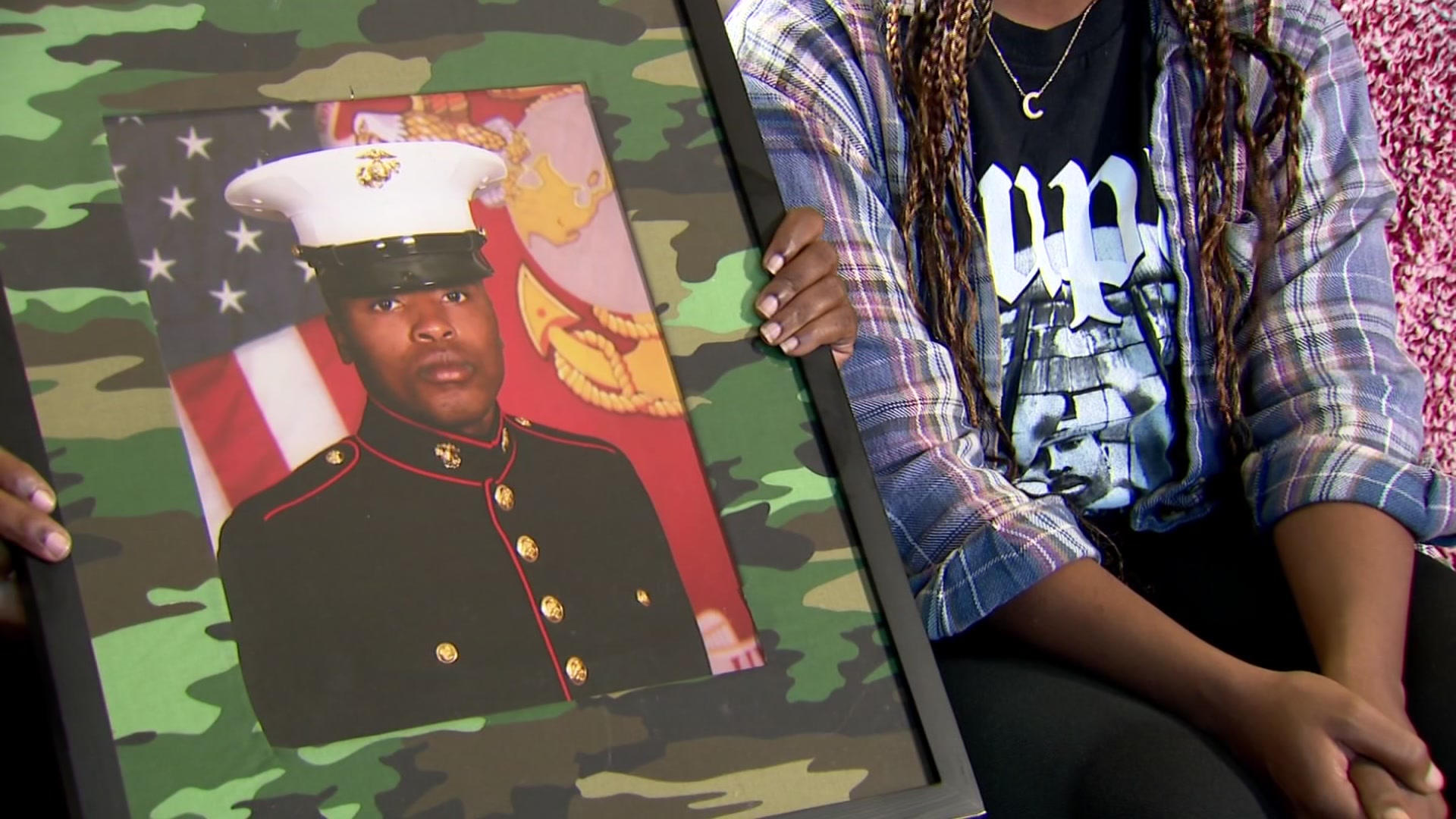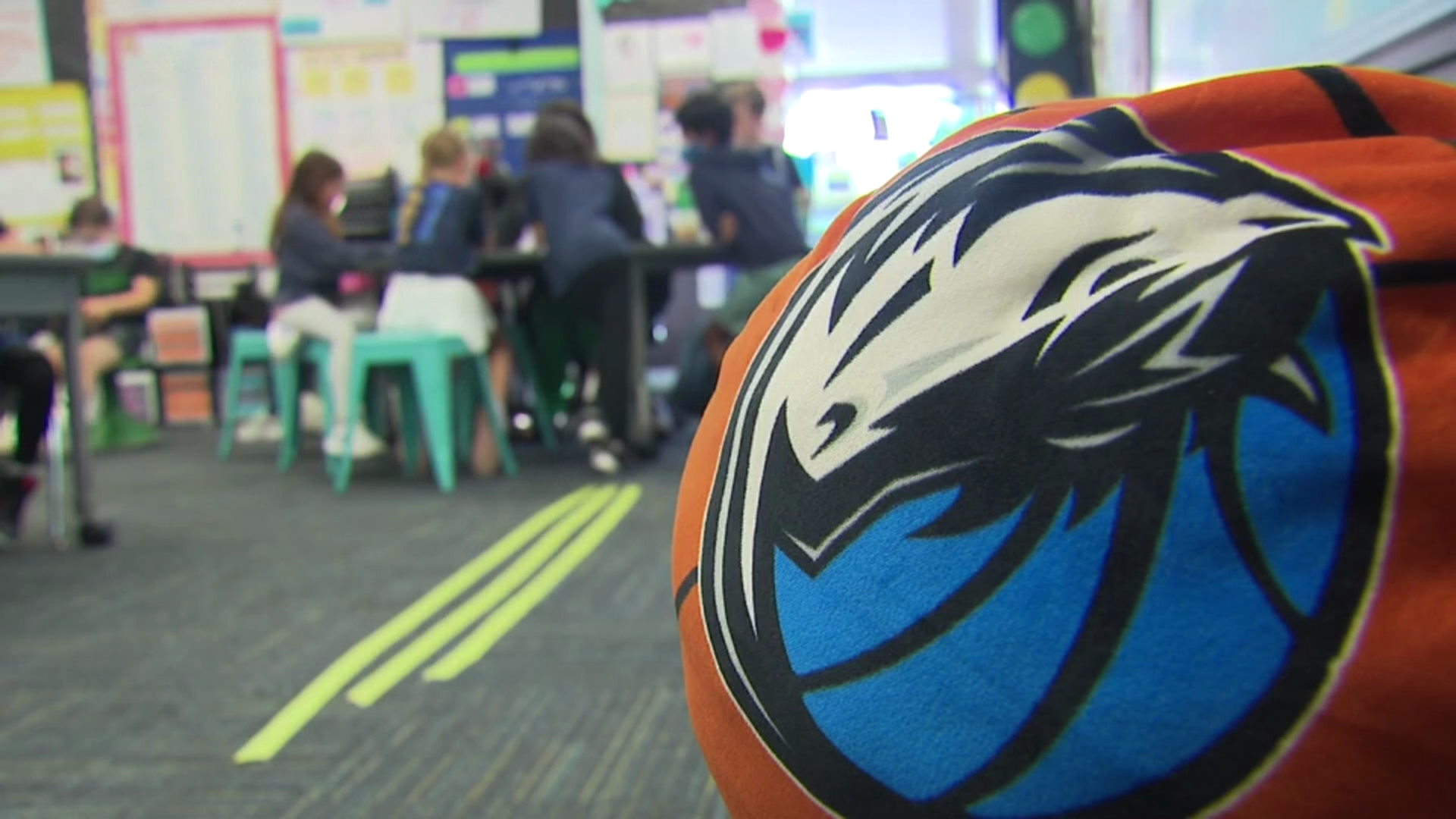The extended triple-digit temperatures continue to impact people who work outside and the way North Texans get around.
The extreme heat has caused some delays for mass transit system trains as rail lines make safety adjustments that could impact service.
Dallas Area Rapid Transit, Trinity Metro and Denton County Transportation Authority trains felt the impact of the 100-plus degree weather.
DART said Monday morning the heat causes the tracks to heat up and expand as well as issues with overhead wiring. So, trains will operate at reduced speeds.
Get DFW local news, weather forecasts and entertainment stories to your inbox. Sign up for NBC DFW newsletters.
The trains must slow down because intense heat can cause rails to expand. As steel heats, there is an increase in the risk of rail lines bending, flexing or buckling.
DART says you can expect delays of 10 to 15 minutes between 2 p.m. and 9 p.m.
The City of Dallas said the heat can also impact roadways that we all drive on because it can cause the concrete to expand, which results in breakdowns and joint failures. The hot weather can also impact the asphalt and make it pliable which can mean wheel ruts, or cracks when large vehicles such as buses and 18-wheelers cross over it.
Local
The latest news from around North Texas.
TxDOT said it's also monitoring bridges.
"We're aware that sometimes those bridge joints do expand a lot during this heat," said Tony Hartzel, TxDOT Dallas District spokesperson.
He said there are no reports of recent issues, but there's still a lot of summer left.
"This is a little bit of an unusual and challenging summer so we're just going to have to keep a close eye on it," said Hartzel.
Multiple agencies said their maintenance crews are starting their shifts earlier so they too can stay safe and avoid the heat as much as possible.
Firefighters in Arlington have a "rehab unit" that follows them to calls and supplies them with access to air conditioning, water and cold towels.
"It doesn't take long in these temperatures, with the humidity, to get you exposed where you're basically just spent," said Deputy Chief Todd Gittings as they responded to a house fire Wednesday morning.
He said in this weather, their crews can only go for about 10 to 15 minutes, depending on how strenuous the work is. On Wednesday morning, they put out a fire at a home and saved a dog.



